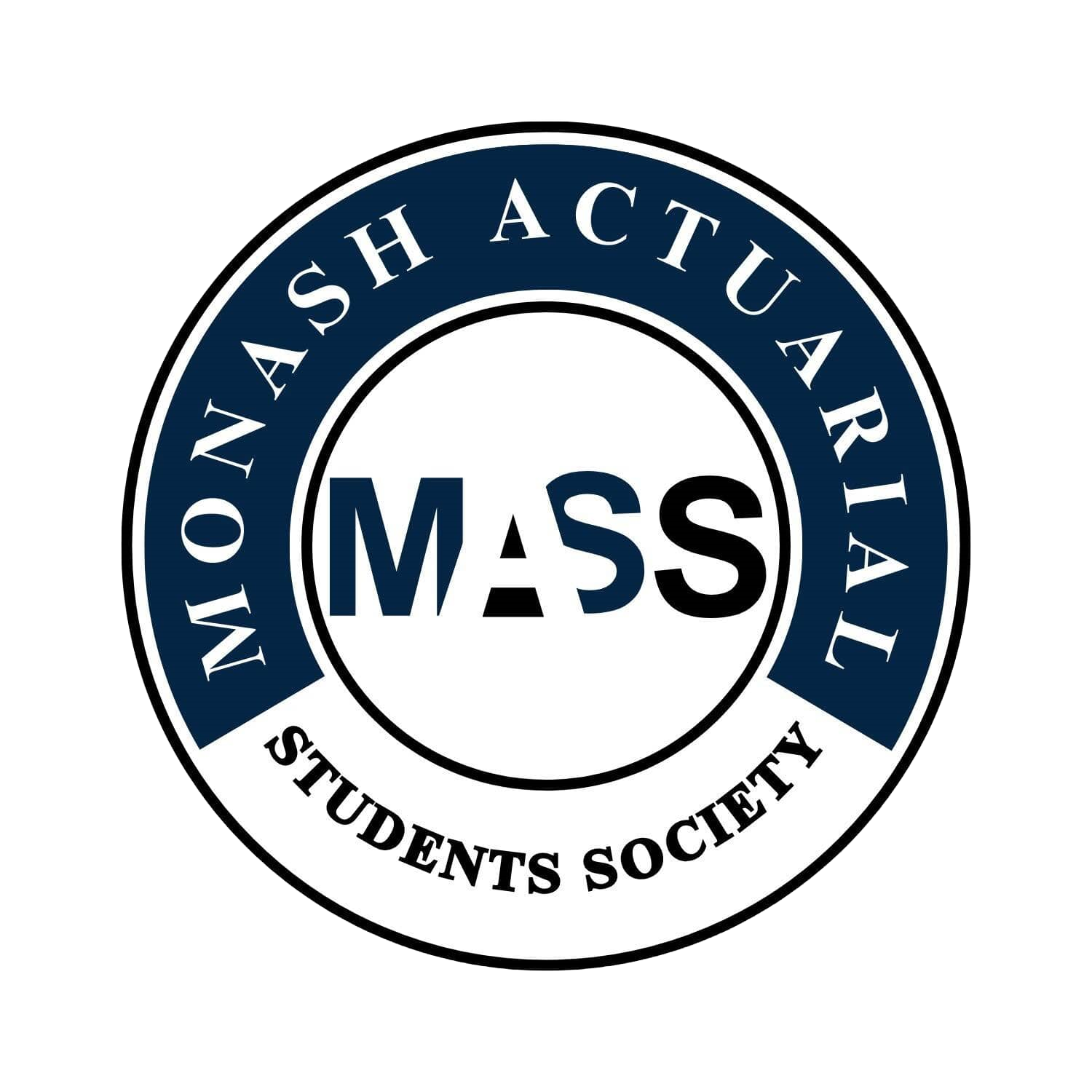ETC3550 / ETC5550 Applied Forecasting (Sem 1 2025)
Difficulty:
Year Completed: Semester 1, 2025
Prerequisite: ETC2410 or ETC2420
(or ETC3440, or ETF2100, or ETF2121 or ETW2510, or ETC2560)
Exemption:
CS2 Risk Modelling and Survival Analysis
ETC3420 (20%), ETC3430 (60%), ETC3550 (20%)
Weighted average of 70% required. Minimum of 60% required for each unit.
Mean Setu Score: 91.47%
Clarity of Learning Outcomes: 92.6%
Clarity of Assessments: 90.2%
Feedback: 88.2%
Resources: 93%
Engagement: 91.4%
Satisfaction: 93.4%
Subject Content:
Lecture(s) and Tutorial(s):
Lecture Recording:
Textbook(s):
Assessments:
During this unit, many different forecasting models and methods were taught. The outputs and specifications for these models were interpreted using R, including a comparative focus on varying methods on unique data sets, using information criteria and analytics. Topics included: Introduction to Forecasting, Time Series Graphics, Time Series Decomposition (STL models), Simple Forecasting Methods, Accuracy Evaluation, Exponential Smoothing and ETS models, ARIMA models, Time Series Linear Regression, and Dynamic Regressions.
1 x 1 hour lecture (watching the videos of the textbook chapter)
1 x 2 hour workshop (done live and recorded onto zoom)
1 x 1 hour tutorial
Both lecture and tutorial recordings were made available to
students.
The textbook is provided online for free. The textbook had embedded videos on each page which are super helpful in understanding that section’s content. The textbook contained all the weekly tutorial questions and was very useful as there were plenty of example with code and theoretical analysis in each chapter.
2% Forecasting Competition (completed in the first week of semester, simply attempting was enough to achieve full marks).
8% Weekly Quizzes of the content learnt in lectures/workshops (no attempt limit).
6% Assignments 1-3 (due in week 4, during the mid-semester break, and week 11)
12% Retail Project (due in week 12 - end of semester, compilation of content from each of the assignments and the latter weeks)
60% Final Exam (2hrs 10mins, 1x double sided A4 physical notes sheet, no coding)
Comments
I really enjoyed the unit. The teaching team were really supportive and knowledgeable. They had a different forum platform than Moodle and responded quickly. They explained the concepts thoroughly and provided enough resources for students to grasp the new ideas. The assignments followed a very systematic order and combined to form the final retail assignment. Overall, the entirety of this unit is taught extremely well, with enthusiastic and knowledgeable teaching staff making this subject quite an enjoyable experience, despite the content being theoretical or abstract at times.
The 1 hour lecture each week was recorded and very engaging to deliver the start of that week’s content. They go hand in hand with the textbook’s embedded videos. The lectures would cover a mix of theory and coding applications which were very thoroughly explained and paired with the textbook, this would answer almost every question you may have on the content.
The workshop provided more theory-based questions whilst still working in R. They were in person and students were encouraged to try the questions first, then the solutions and answers were discussed. For the tutorials, there was not as much time given, so students were generally not able to try all of the exercises themselves before a discussion. The tutorials went over the previously discussed material and were helpful for the assignments.
The 2% forecasting competition was a fun quick way to see what we could come up with despite having little to no forecasting knowledge as this was due in week 1. The subsequent 3x6% assignments tested both our theoretical and practical knowledge regarding the content that was delivered prior to those assessments. These were all building up to the final retail project.
The retail project worth 12% combined the 3 previous assignments along with additional knowledge of the last few week’s content to put together. Overall all 4 assignments were very doable and enjoyable once we were more familiar with the content.
Weekly quizzes (8%), these were a quick fun and interactive way to end each week and to test our knowledge on that week’s content. There were unlimited attempts so you can always go back to the material and reattempt until full marks.
The exam was based upon all of the content learnt throughout the semester. It was closed book, with any physical calculator permitted, and students were allowed to have a physical A4 double-sided notes sheet (could be typed or hand-written). Past exams provided a standard structure for the exam, as many questions were similar to previous years and the mere difference was varying data sets between each year. Preparation for the exam and a thorough knowledge of the theory allowed for a reasonable attempt at achieving a respectable end result
Keep on top of the weekly content, it moves very quickly. The pre-reading was necessary for the lecture, and the lecture content was necessary for the workshop. The previously listed activities also contained the content for the tutorial. This was quite time-constrained this semester because the lecture was on Monday and the workshop was on Tuesday. Students needed to ensure that they covered the material before their tutorial to make the most out of all of the classes. I highly recommend to start the topic early, and see if you can get ahead to help you with the workload.
General Overview:
Lectures:
Workshops and Tutorials:
Assessments/Other Assessments
Exams
Concluding Remarks

